Asian arms race is on, stoked by China’s booming defence budget, Japanese analysts say
PUBLISHED : Monday, 05 March
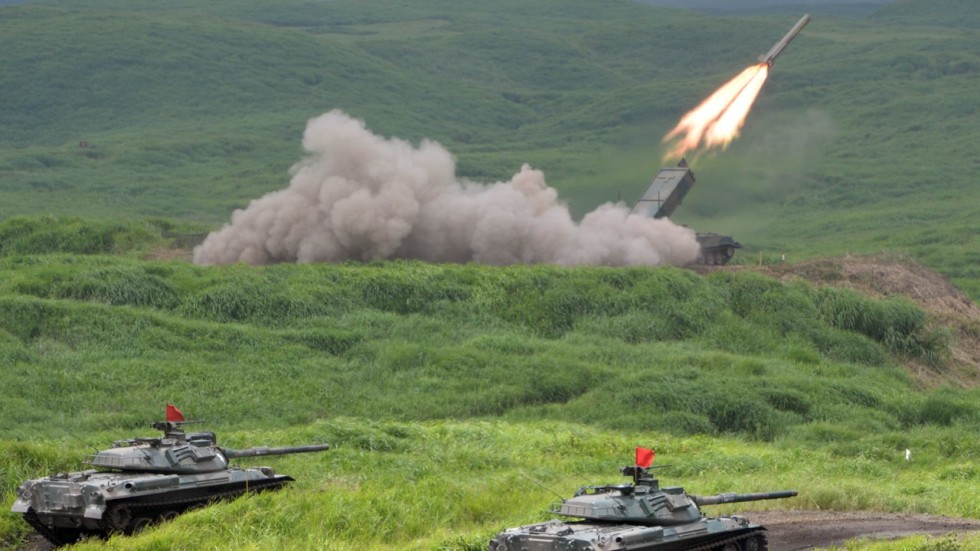
China’s announcement that it would increase its military spending by more than 8 per cent this year has caused concern in Japan, with analysts suggesting that other nations in the region that are locked in territorial disputes with Beijing or concerned at its growing might now have no choice but to raise their own defence outlays.
The stepped-up spending on the Chinese military was announced on Monday at the opening of the National People’s Congress in Beijing. Premier Li Keqiang delivered a speech that detailed policies for the coming year, including increasing annual defence outlays to 1.1 trillion yuan (US$173.6 billion).
“Faced with profound changes in the national security environment, we must … firmly uphold the guiding position of Xi Jinping’s thinking on strengthening the armed forces as we develop national defence and the armed forces,” Li said in his speech.
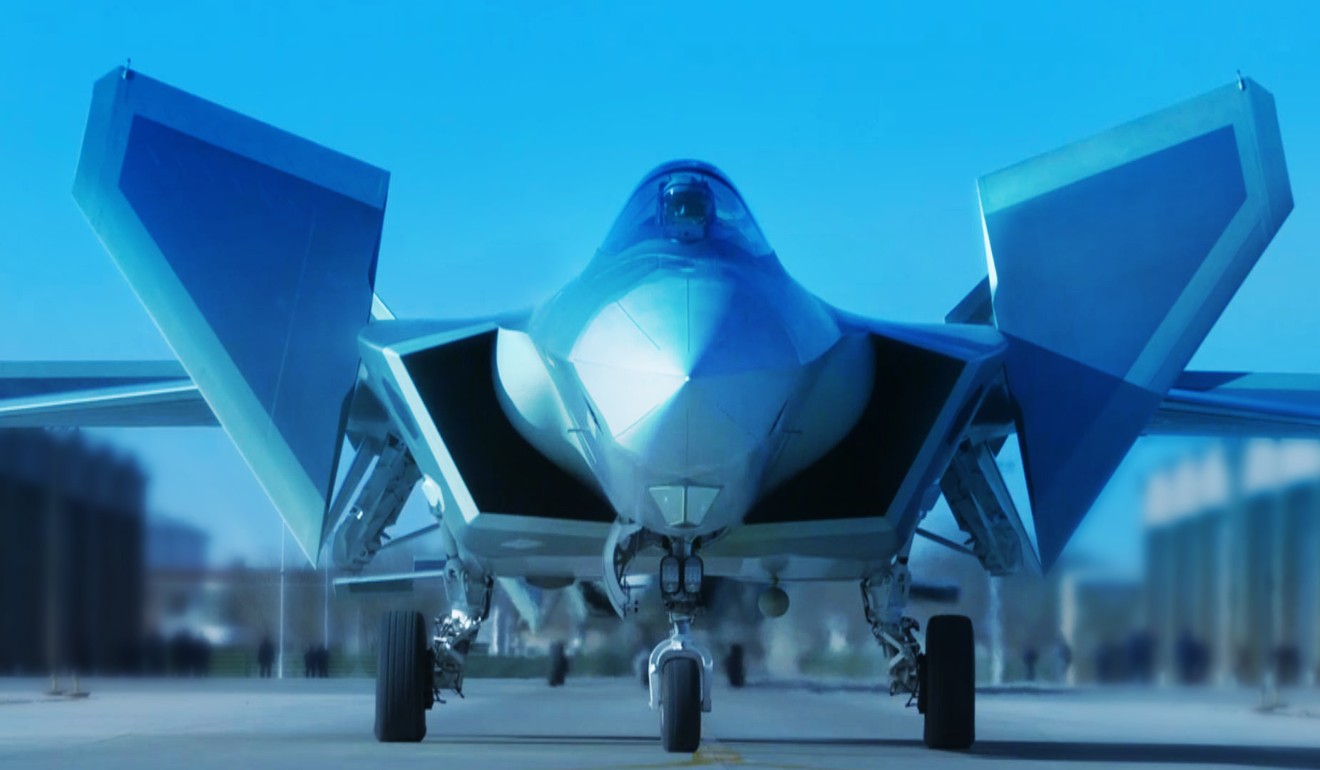
The defence budget surpassed the 1 trillion yu
an level for the first time in 2017 and Xi has vowed to make China’s military “world class” by the middle of the century.
“That is a large increase – but it must also be remembered that it is an open secret that China’s military spending is far bigger than their government will ever admit,” said Yoichi Shimada, a professor of international relations at Fukui Prefectural University.
“And it is not just the size of the spending that is cause for concern; the quality of the Chinese military is improving very conspicuously,” he said. “And even though the [Donald] Trump administration in Washington has committed to increasing its military spending, the pace of the Chinese growth is faster than the US.”
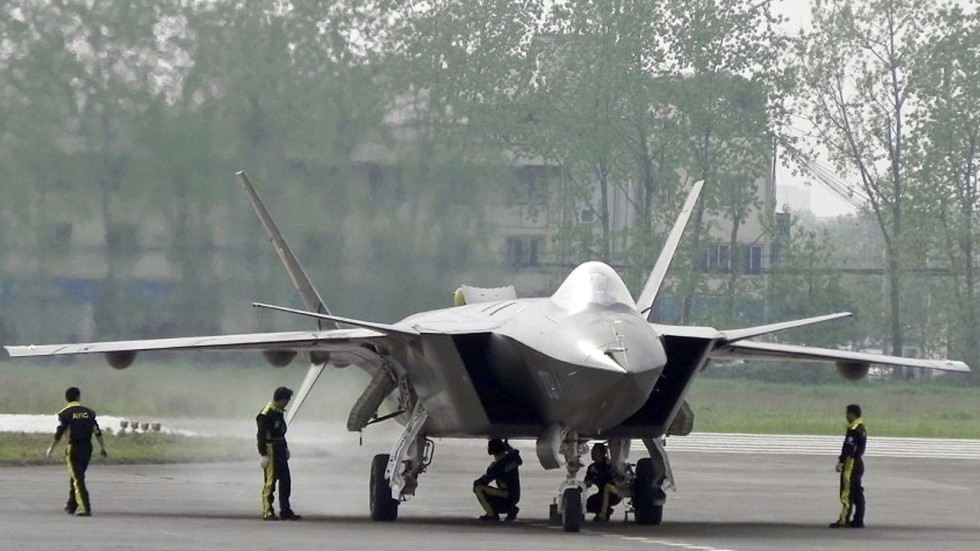
“China is a communist dictatorship and its present leader is acting more and more like Mao Zedong,” he said. “The fundamental nature of that regime is aggressive and that needs to be a concern for other countries in the region.”
Analysts suggest an arms race is already under way in the western Pacific, fuelled by alarm over China and North Korea.
A Chinese spy plane entered South Korea’s Air Defence Zone without permission last week and is widely believed to have been probing the nation’s air defences, they say. And a Chinese submarine was detected in waters off southern Japan in January.
Beijing claims the Diaoyu Islands, which are controlled by Japan, where the barren rocks are known as the Senkakus.
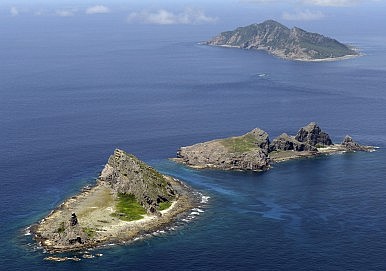
They also point out that work continues in the South China Sea to build up atolls and reefs that were taken over by China despite competing sovereignty claims. Chinese scientists are also laying a network of acoustic sensors in the Pacific towards the US colony Guam, which hosts American military facilities.
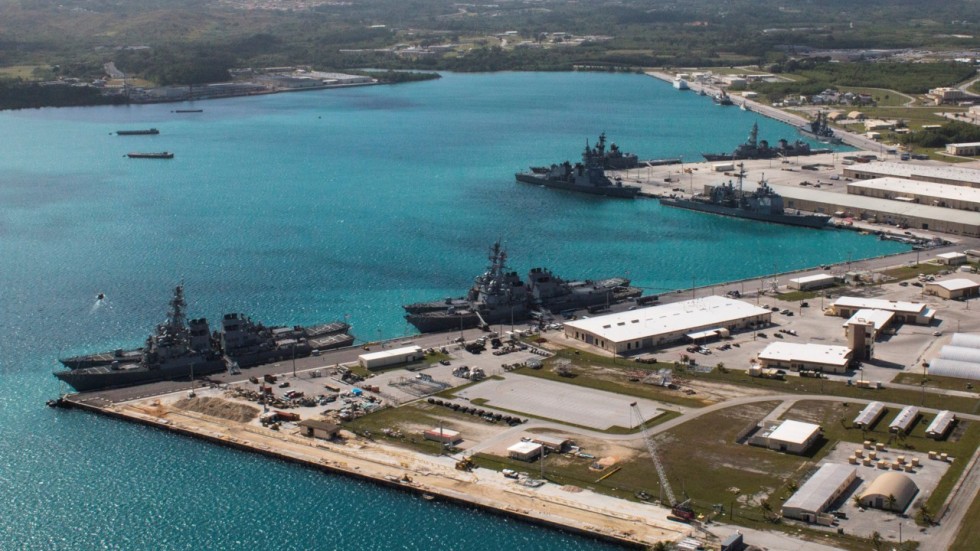
North Korea, meanwhile, is still developing nuclear weapons and long-range missiles, despite recent indications that it is ready to talk with the US.

They also point out that work continues in the South China Sea to build up atolls and reefs that were taken over by China despite competing sovereignty claims. Chinese scientists are also laying a network of acoustic sensors in the Pacific towards the US colony Guam, which hosts American military facilities.

North Korea, meanwhile, is still developing nuclear weapons and long-range missiles, despite recent indications that it is ready to talk with the US.
In response, Japan has recently deployed its first unit of F-35 fighters and the government has conceded that the Izumo, the largest warship in the Japanese fleet, was conceived as a potential aircraft carrier and not the “helicopter destroyer” that is her present designation.
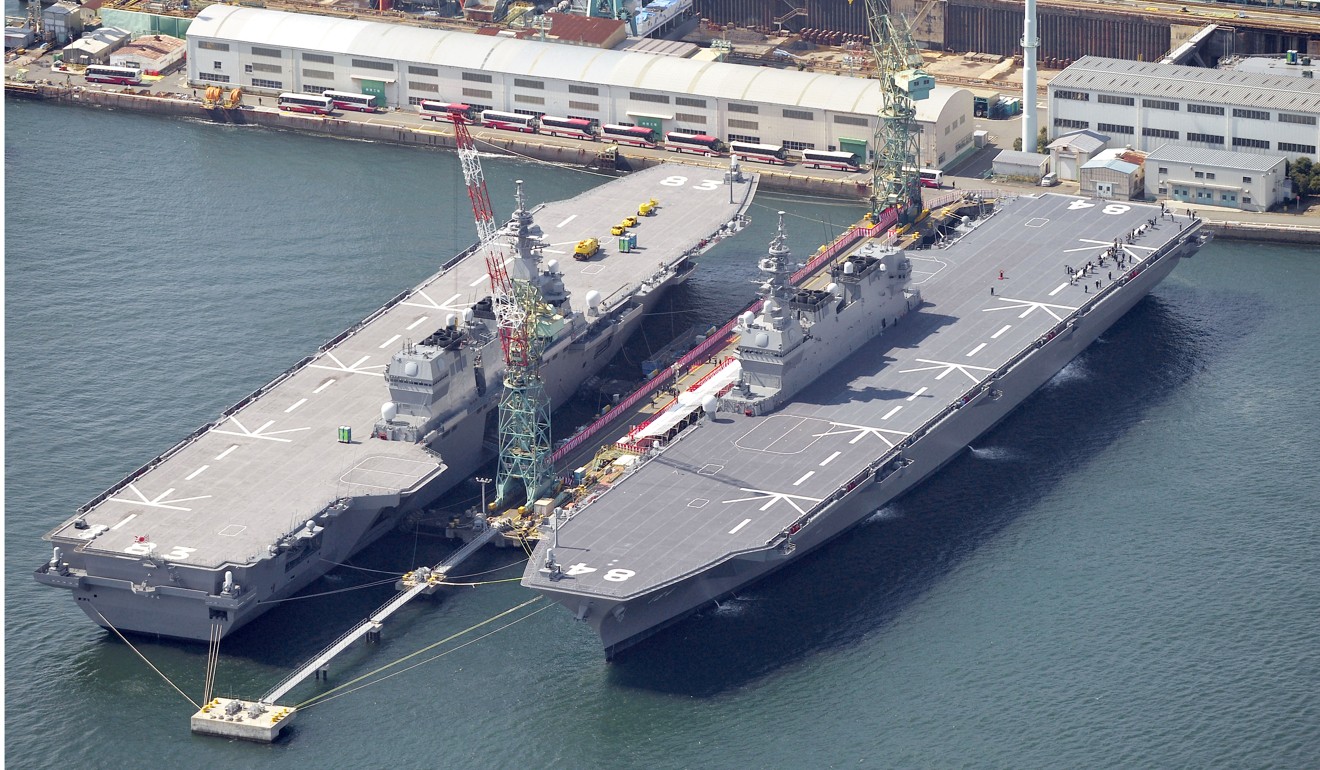
“For Japan, the Senkakus are the most obvious immediate concern, but arguably the biggest threat is to the nation’s oil supplies, 70 per cent of which come from the Middle East and must come through the South China Sea,” said Shimada.
Jeff Kingston, director of Asian Studies at the Japan campus of Temple University, believes China wants to “shift the emphasis away from its ground units, which would give it a force-projection capability”.
But at the same time, he says, the White House is raising new concerns in the region.
“Not long ago, it was assumed that Uncle Sam would have the back of its allies in the region, but those assumptions have been thrown out the window since Trump took over,” he said. “Japan and other countries no longer feel completely secure in that alliance because they worry that Trump might make a deal with China that would disregard their own security concerns.
“It is that unpredictability that has made them look at their own defence spending again.”
No comments:
Post a Comment
Comments always welcome!